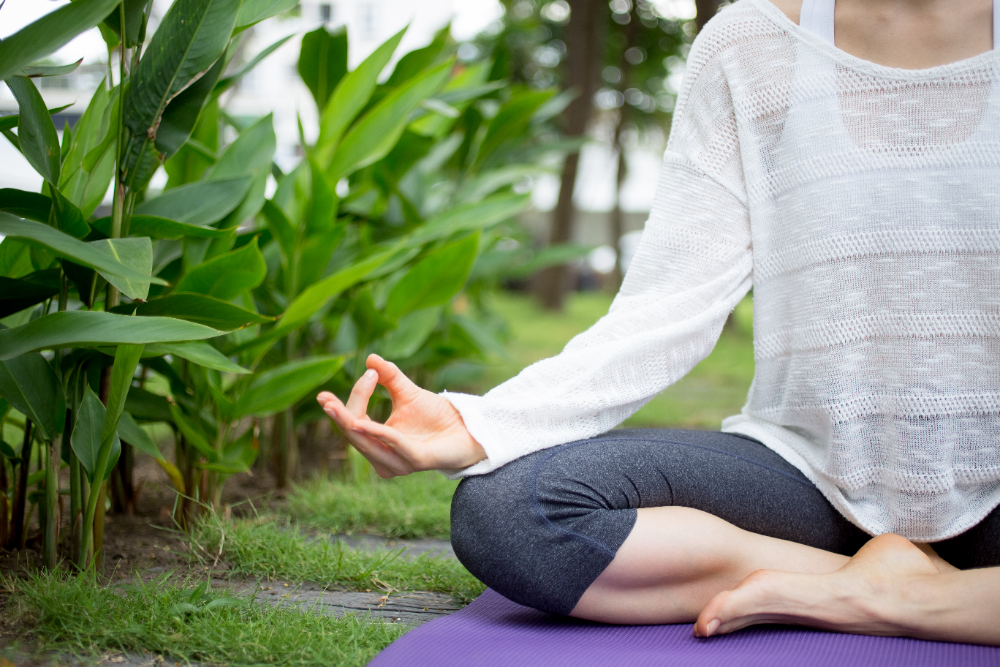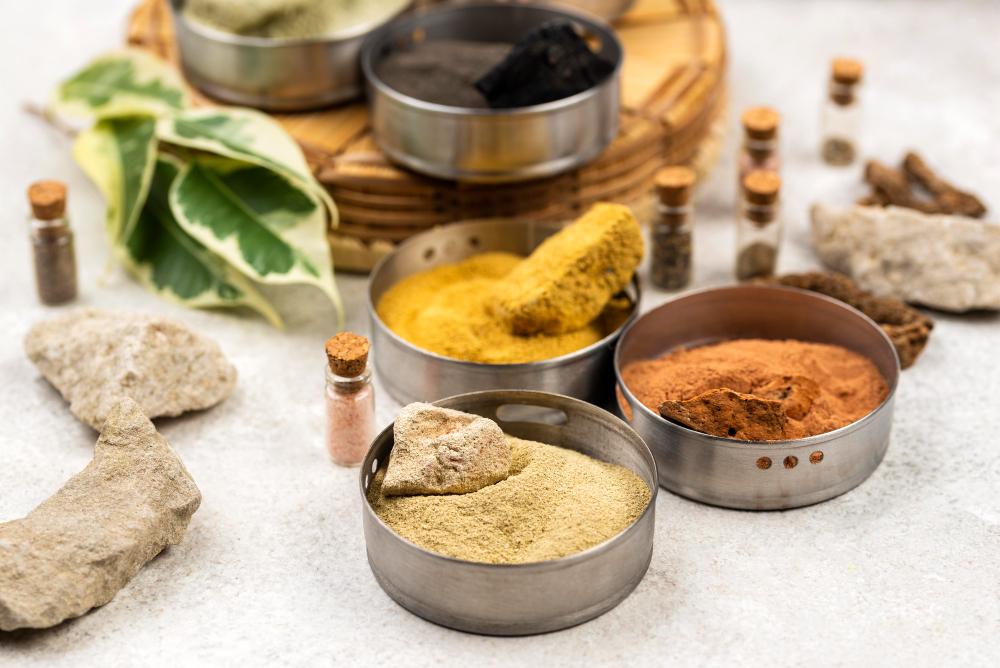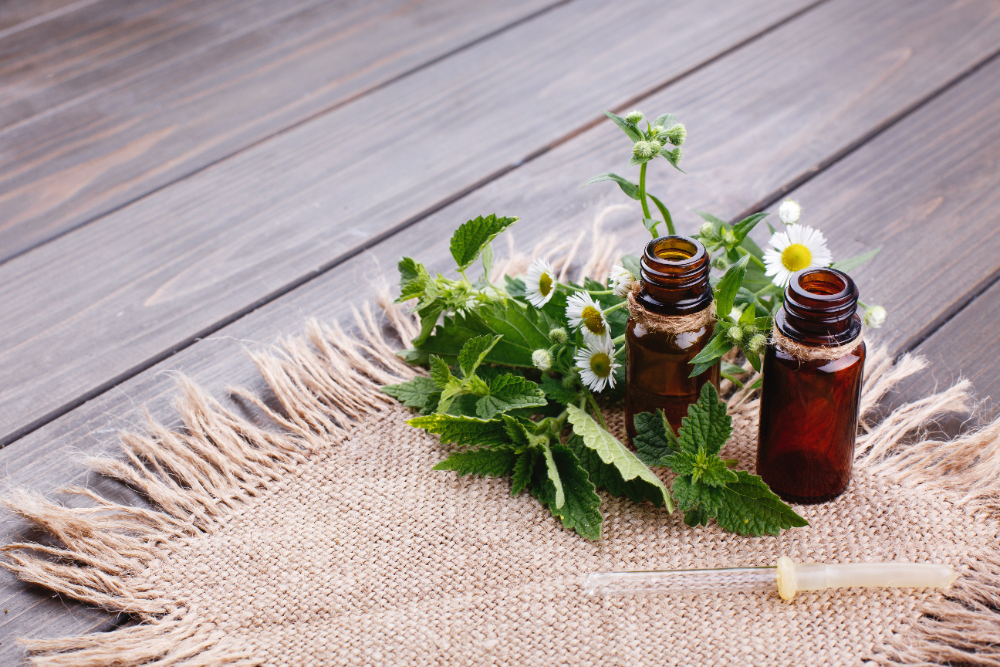Panchakarma
Vamana: A cleansing therapy that induces vomiting to eliminate excess kapha dosha, addressing conditions like asthma, respiratory issues, and excess mucus buildup.
Virechana: A purgative treatment aimed at eliminating toxins and balancing the pitta dosha by using herbal laxatives to cleanse the digestive system and liver.
Nasya: The administration of medicated oils or powders through the nostrils to treat head-related disorders like sinus issues, headaches, and cognitive conditions by clearing nasal passages and improving mental clarity.
Sneha Basti: An enema using medicated oils or ghee to treat vata disorders, detoxifying the colon and easing conditions like constipation, joint pain, and neurological issues.
Kashaya Basti: A therapeutic enema using herbal decoctions to balance pitta and kapha doshas, targeting digestive issues, obesity, and skin conditions through internal cleansing.




